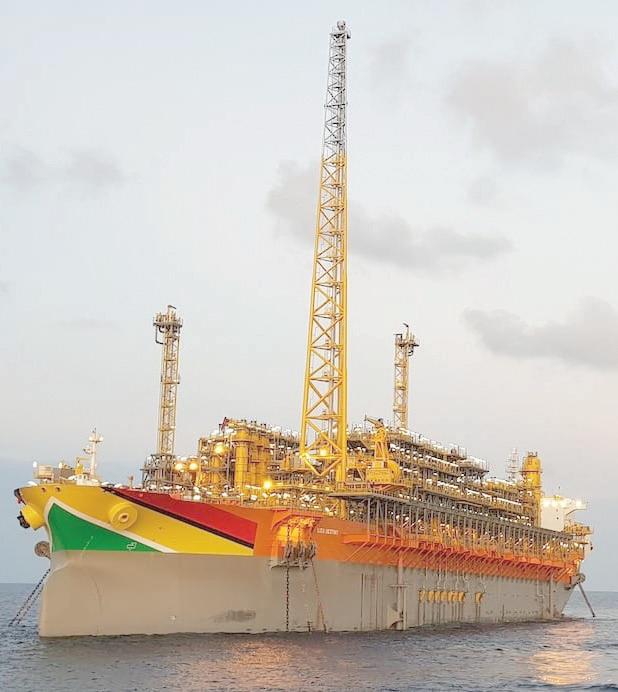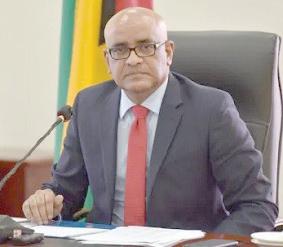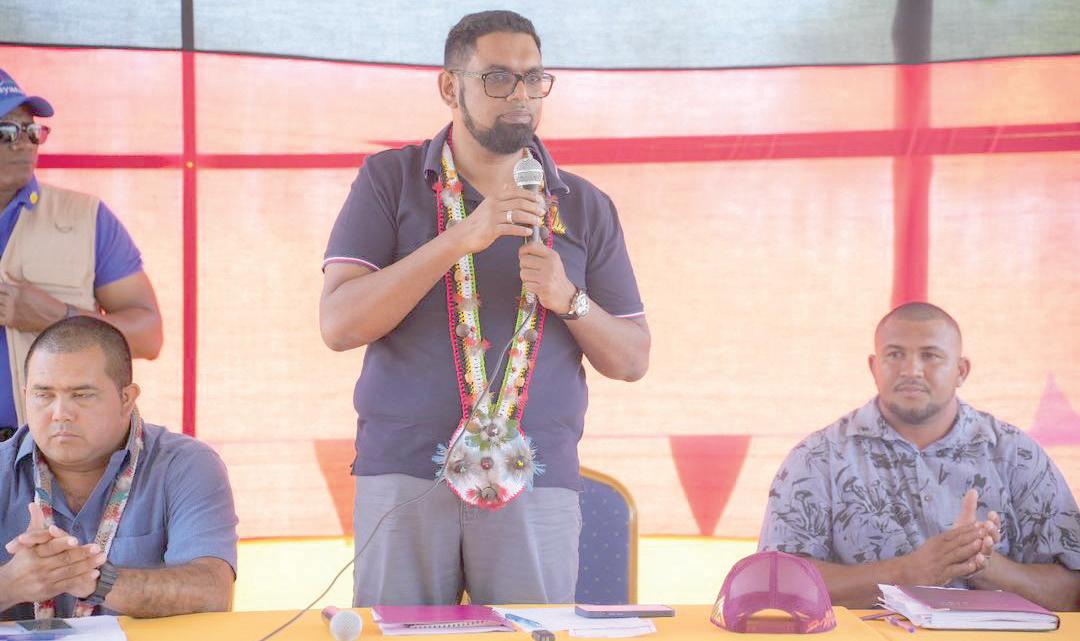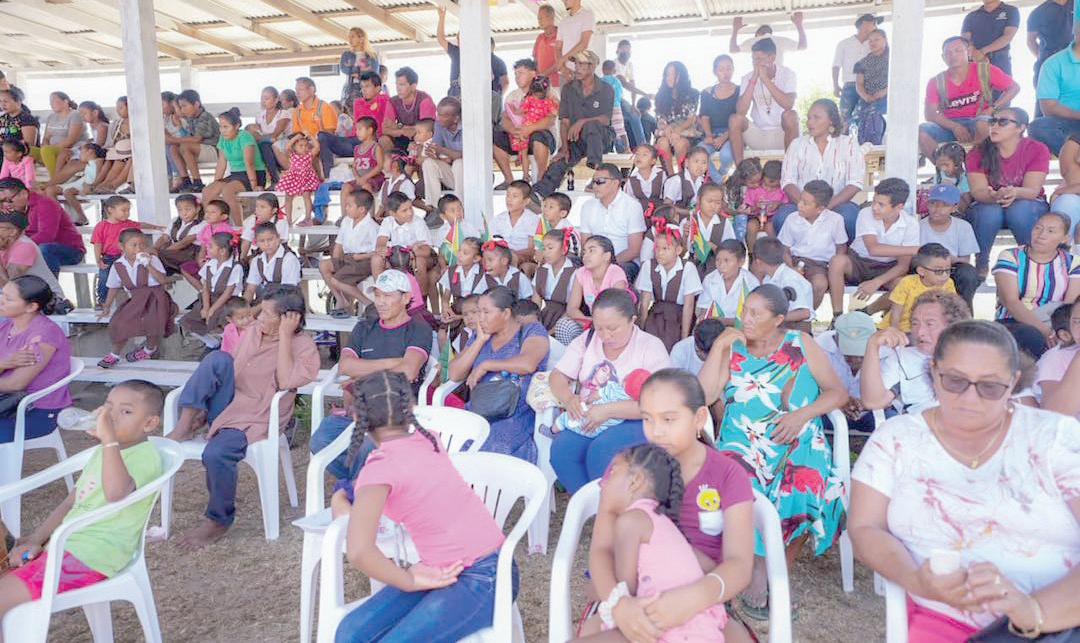
2 minute read
No brakes on oil-and-gas advancement
BANKING on Guyana’s projected growth, and capitalising on the development of local content in Guyana’s oil and gas sector, over the past few years numerous local businesses have made massive multimillion dollar investments to establish infrastructure and develop capacity.
As such, without sustained high levels of activity in Guyana’s oil and gas sector for the medium to long term, local businesses stand to suffer vast losses.
Advertisement
Cognizant of this reality,
Vice President, Dr Bharrat Jagdeo, has defended the government’s policy to sustain high levels of activity in Guyana’s oil and gas sector for at least the next 15 years.
“I gave a detailed explanation as to why we need to keep economic activities high and momentum going in the industry for the next 15 years at a minimum,” Dr. Jagdeo explained at a press conference on Thursday last.

He added, “We’re encouraging a lot of Guyanese to invest in this sector. We are doing a lot of carving. The Guyanese, who we’re encouraging to invest, we don’t want their investments or their skills to be stranded. If the momentum dies, all of those people can’t amortise their investments and they would be stranded and they may be owing the bank and stuff like that. So, we want more business to come to our people and we also want them to do well in the future. We explained that 100 times.”
The remarks follow statements that the Vice Presi - dent made on Monday last while delivering the keynote address at Guyana’s inaugural Local Content Summit. Addressing the debate in sections of society about the need for development of local content, and overcoming hurdles and challenges, Dr. Jagdeo identified the pace of the industry as a factor in ensuring continued local content is build out.
As such, he reasoned that it mandates a certain posture on the government’s part.
“We have said it carefully that all that we are doing is to sustain the level and we do so aggressively and unashamedly to sustain high levels of activity for a minimum of15 years.
“For example, many of them [local persons] are putting up buildings to rent. They have to have business for the next 15 years to pay back for those buildings and make money. Keeping that in mind, it mandates the government to act in a certain manner. You don’t want international investors to have investment stranded; but they can handle that, they are big companies and do their own risk calculation, most importantly we don’t want the Guyanese investors to have their investments stranded,” the Vice President explained.
Since the passage of the Local Content Act in December 2021, Guyanese businesses have been reaping massive benefits from the oil and gas sector, raking in some US $700 million in payments in 2022.
The Local Content Act outlines 40 sub-sectors that would legally require oil
The Liza Destiny is Guyana’s first FPSO operating offshore companies to procure goods and services from Guyanese businesses, as well as employ specific percentages of Guyanese in their day-to-day operations.
However, the private sector is already in discus- sion with the government to add as many as 35 more areas to the First Schedule of the Act, in addition to appealing for increases to the percentage of minimum local content required for respective sub-sectors.
PRESIDENT, Dr Irfaan
Ali, on Sunday noted that the community of Aranaputa Valley, North Rupununi, Region Nine will see major improvements this year as he announced that some


$45 million will be spent to develop farm roads in the area.
During a community meeting, he told a large gathering that a number of initiatives will be implemented to improve the community and the lives of the residents.
Along with the roads, the government, through the Ministry of Agriculture, will provide a large number of peanut plants and cassava sticks to increase the village’s food production.
Additionally, the President said that scores of the village’s livestock will be artificially inseminated to improve their breed.
“We are pursuing an agenda through which every community must become food secure, and every community must play a part in national food security, and every community must contribute to Guyana becoming the number one food production zone for CARICOM by 2030.”









